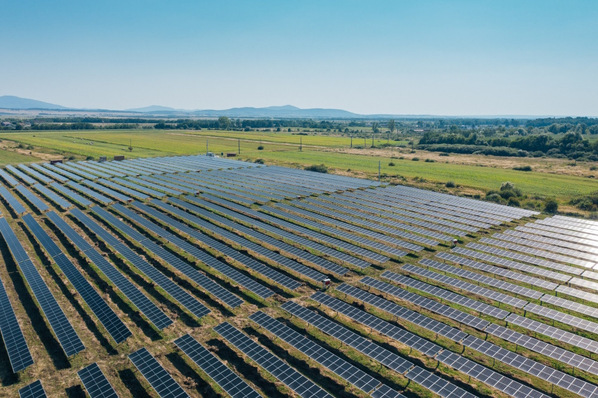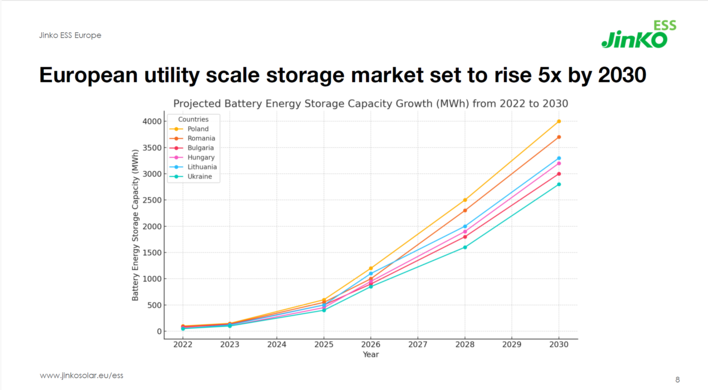Renewable Resources Lab was selected from nearly 2,500 entries from more than 180 countries around the world.
According to Prof KTU Saulius Gudžius, Head of the Department of Energy Systems at KTU Faculty of Electrical and Electronics Engineering, this project is both educational, introducing students to renewable energy sources, and contributing to mitigating climate change and creating a new energy system. Such technology is expected to provide sufficient energy resources, be safe and environmentally friendly, and become a leader in future technologies.
‘This project stands out for its uniqueness as a solution combining several energy sources. The characteristics of the University buildings have been utilised in such a way as to maximize the use of solar energy and create opportunities to store thermal energy, which is used for heating buildings when needed’, said Prof Gudžius.
Reducing greenhouse emissions
The implementation of this project and the generation of heat and electricity from renewable energy sources using local equipment already has significantly contributed to the reduction of greenhouse gas emissions. However, the expected results of the project in the long run – up to 20% of energy needed for the building and 2/3 of the required heating energy will be produced by the new solar energy power plant. This will help heating more than 14 thousand square meters of premises and will annually reduce CO² emissions by more than 6 tonnes.
The immense renewable resources lab is used for the University’s energy needs: the photovoltaic energy is employed to provide energy for heat pumps, for lighting and other purposes.
Setting an example of highly innovative hybrid system
The authors of the unique idea to modernise KTU heat and electricity economy, Dr Jonas Vanagas and Dr Jurgita Černeckienė used the most innovative solutions. Via Solis, an international manufacturer of PV glass and provider of solar energy solutions helped to implement the technical part of the project – to install a solar power plant on the KTU Faculty of Construction and Architecture building.

KTU
During the awarded project implemented at the KTU campus, the heat and electricity facilities in the University building No 9 were modernised, including the installation of a photovoltaic power plant for electricity generation and a geothermal energy system (water-ground heat pumps) with underground energy storage. The total area of the roofs is 5,500 m2 and the optimal number of photovoltaic modules planned for this area is 1,520 units with a total capacity of 380 kW. The generated energy is fed to the converters connected to the general electricity network of the buildings.
Did you miss that? Modules built into showcase facade in Lithuania
‘The highly innovative project is a great example of how hybrid systems can be developed. We have shown the direction in which Europe, and probably the whole world, will move’, said the initiators of the project.
Mayor yearly cost savings
KTU is determined to continue to implement and develop alternative energy solutions, as it is estimated that this would allow the educational institution to save over €150 thousand per year.
The project was funded by the Lithuanian Environmental Investment Fund (LEIF), which provided EU support for the development of modern renewable energy sources. (hcn)
Read more: Lithuania: Consumer platform for purchasing solar energy in remote PV plants







